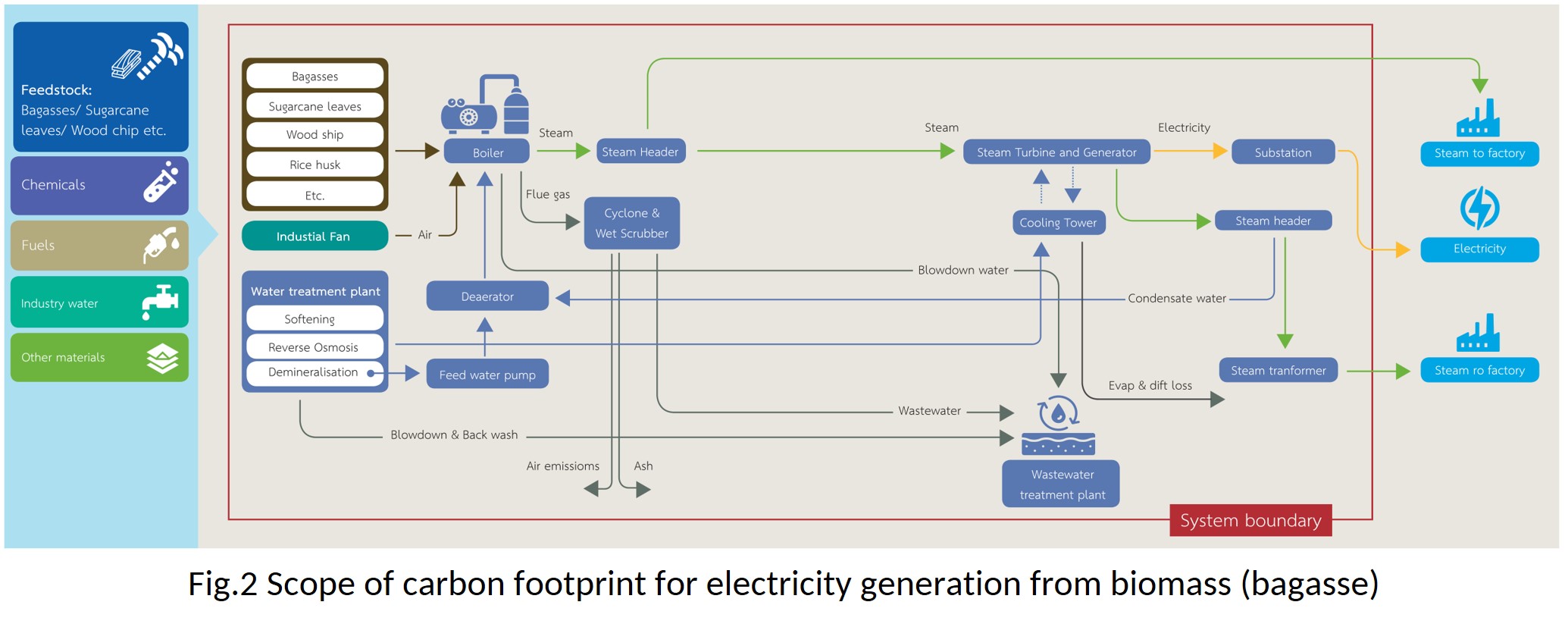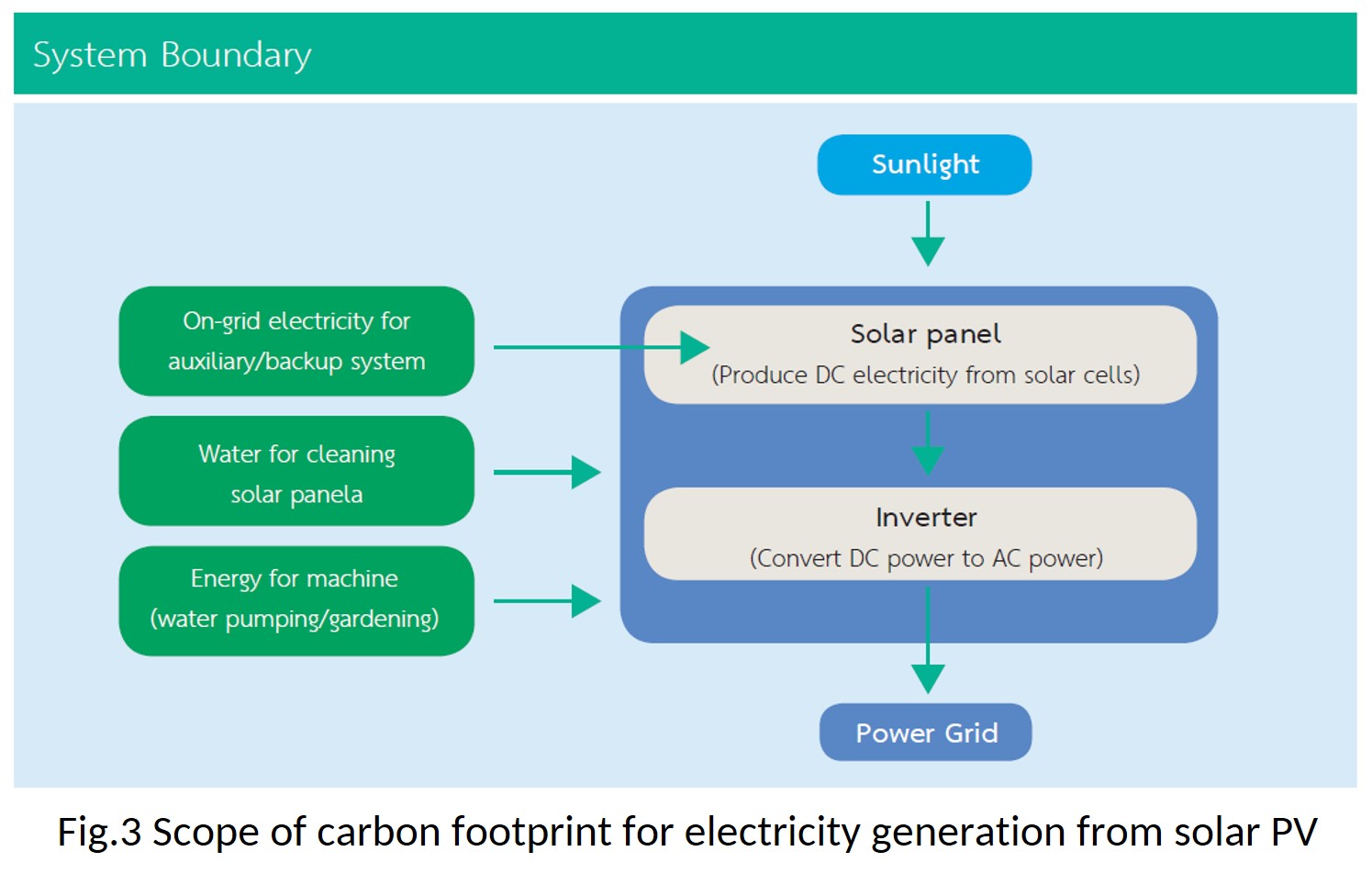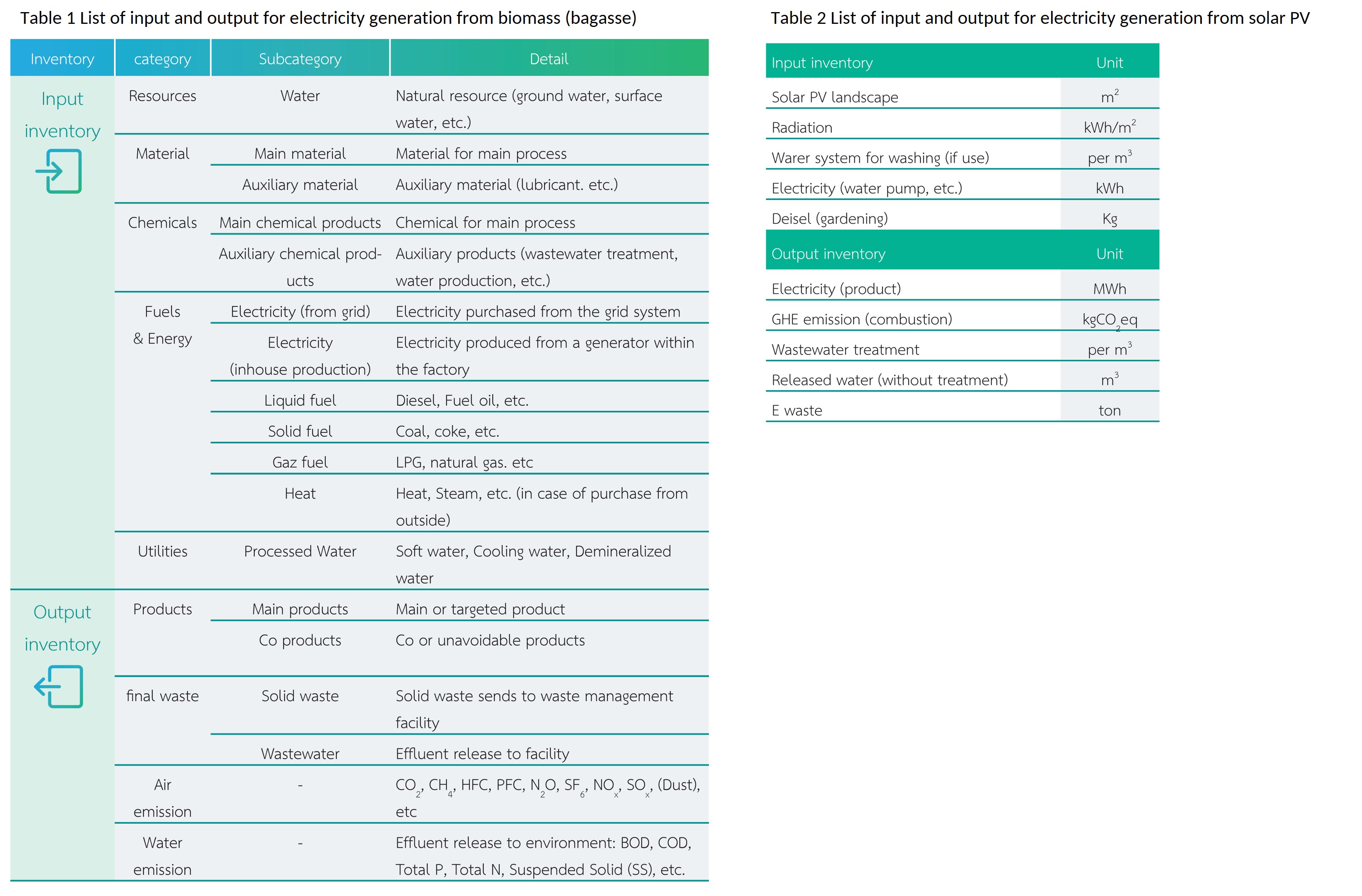-
Close
- เกี่ยวกับ TIIS
- ภารกิจงานของ TIIS
- ข้อมูลเพื่อการพัฒนาที่ยั่งยืน
- ฐานข้อมูลวัฏจักรชีวิตเพื่อการพัฒนาที่ยั่งยืน
- ระเบียบการศึกษาและตัวชี้วัด
- การประเมินสมรรถนะเพื่อความยั่งยืน
- การบูรณาการข้อมูลสารสนเทศเพื่อการพัฒนาที่ยั่งยืน
- การให้บริการเพื่อความยั่งยืน
- ความร่วมมือและเครือข่าย
- เอกสารเผยแพร่
- Home
- Association of Southeast Asian Nations (ASEAN)

Association of Southeast Asian Nations (ASEAN)

The ASEAN collaboration project “Carbon Footprint of Renewable Energy for ASEAN Countries”, supported by Japan-ASEAN Integration Fund (JAIF) – ASEAN-Japan Comprehensive Economic Partnership (AJCEP) Component. The project provided meeting and training programme to ASEAN Member States (AMSs) to enhance awareness and understanding with the practical knowledge and methodology on Life Cycle Assessment (LCA) and Carbon Footprint (CF) in power generation using biomass and solar energy.
Due to ASEAN Economic Community (AEC) blueprint 2025 aims to promote the use of clean energy including renewable energy through green technology and to promote a science-based support for greener energy. This project will help ASEAN Member States (AMSs), particularly the less developing countries to develop Life Cycle Inventory (LCI) database and appropriate measures to address the problem of climate change.
Networking is therefore extremely important, the situation of each AMSs has been sharing on this website for further collaboration.
The Project Results:
Carbon Footprint of Electricity Generation in Thailand - Biomass and Solar PV
The Objectives of the study:
- To develop the LCI database of power sector using biomass and solar energy.
- To calculate the climate change impact of electricity from biomass and solar energy.
Survey data:
Data collection of biomass (bagasse) and solar PV power generation, based on primary sources from power plant in the northern and northeastern parts of Thailand.
System boundary
The system boundary of the study is gate to gate. There are 2 systems in this project: (1) system boundary of power generation from biomass, as shown in Fig 2. and (2) system boundary of power generation from biomass, as shown in Fig 3.


Life Cycle Inventory (LCI) Analysis
The details of input-output inventories for preparation of the LCI for electricity production from biomass (bagasse) and solar show as table 1 and table 2.

Result of Carbon footprint Evaluation
After validating the environmental inventory and processing the entire production line. The subsequent step is to analysis of the environmental impacts arising from the production process. In this study focuses on evaluating the environmental impacts related to climate change, from electricity generation from biomass (bagasse) and solar PV. The carbon footprint of electricity production from biomass (bagasse) is 0.0510 kgCO2eq/kWh, where as from the solar PV is 0.0399 kgCO2eq/kWh.


Copyright © 2019 สถาบันเทคโนโลยีและสารสนเทศเพื่อการพัฒนาที่ยั่งยืน (สทย.) โดย ศูนย์เทคโนโลยีโลหะและวัสดุแห่งชาติ สำนักงานพัฒนาวิทยาศาสตร์และเทคโนโลยีแห่งชาติ

 th
th en
en









